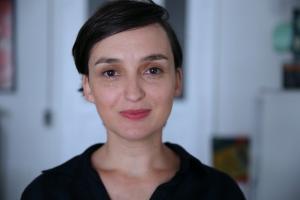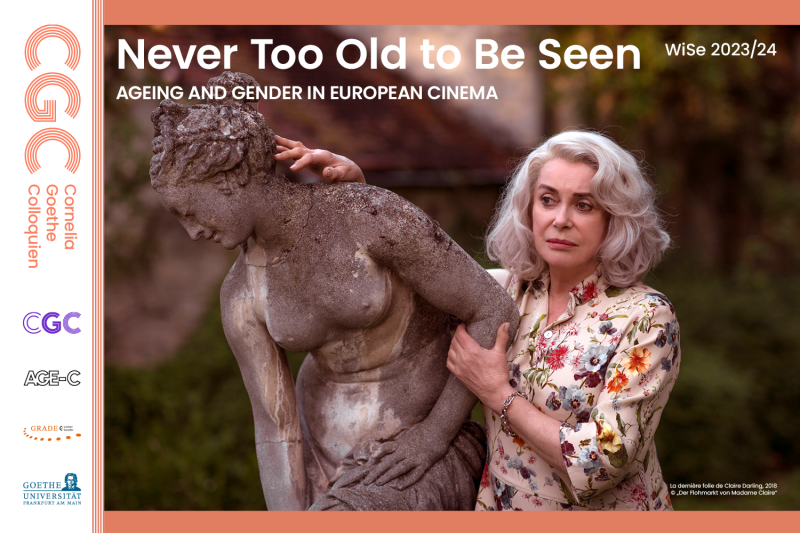It is often said that women become invisible in society after a certain age. However, ageing women have certainly become more visible in European cinema over the last two decades. But how do filmmakers from different parts of Europe negotiate the visibility of ageing women on screen? Does cultural specificity matter in the (invisibility) of old age across film cultures?
To answer these questions we develop an experimental set-up which we present and discuss in a joint lecture. We look for cultural specificities in performance and reading of age and gender in Swiss and post-Yugoslav cinema by analyzing two examples from a situated perspective and across purported lines of cultural division and difference. The two films are the festival arthouse discovery Have You Seen This Woman? (Dir. Matija Gluščević and Dušan Zorić, 2022) and the comedy Late Bloomers (Dir. Bettina Oberli, 2006), one of the biggest box office successes of Swiss cinema of the last two decades.
We assume that there are codifications of age and gender which are immanent to the socio-political contexts from which these films originate and in which they find their primary audience. To make these codifications salient and legible we put them to the test in a cross-cultural analysis and the ensuing discussion. We are particularly interested in performative transgressions of socially imposed norms.
Spinoza`s understanding of active and affirmative body offers a conceptual framework to engage with these question. Spinoza defines body not in terms of what it is but in terms of what it can do and become. This implies that its meaning and capacities vary according to the context, in which body finds itself. A Spinozian concept of the active and affirmative body, as further theorized by Gilles Deleuze and Felix Guatarri under the term “becoming-woman”, has been gaining more prominence in contemporary feminist theory. Co-joining our cross-cultural readings of Late Bloomers and Have You Seen This Woman? we ask how ageing women can reverse their socially sanctioned invisibility through a process of “becoming-woman”, i.e. by challenging the dichotomic order of gender divisions and the dividing line between young and old age.

Prof. Dr. Vinzenz Hediger is a professor of cinema studies at Goethe Universität Frankfurt. He is the co-director of the research center „ConTrust – Conflict and Trust in Political Life“ and of the DFG-funded Research Training Program „Konfigurationen des Films“. His latest publication entails Accidental Archivism. Shaping Cinema’s Future with Remnants of the Past (edited with Stefanie Schulte Strathaus; Lüneburg: meson press 2023).

© Nina Kusturica
Dr. Asja Makarević currently works as a post-doctoral fellow in the research programme “AGE-C Aging and Gender in European Cinema” at Goethe University, Frankfurt, where she obtained her PhD degree. Prior to embarking on an academic career, between 2009 and 2017, Asja programmed Talents Sarajevo, the Sarajevo Film Festival’s networking and training platform for emerging film professionals from Southeast Europe and Southern Caucasus.
The Cornelia Goethe Colloquia are an open discussion forum for interdisciplinary women's and gender studies. Interested parties are cordially invited!

